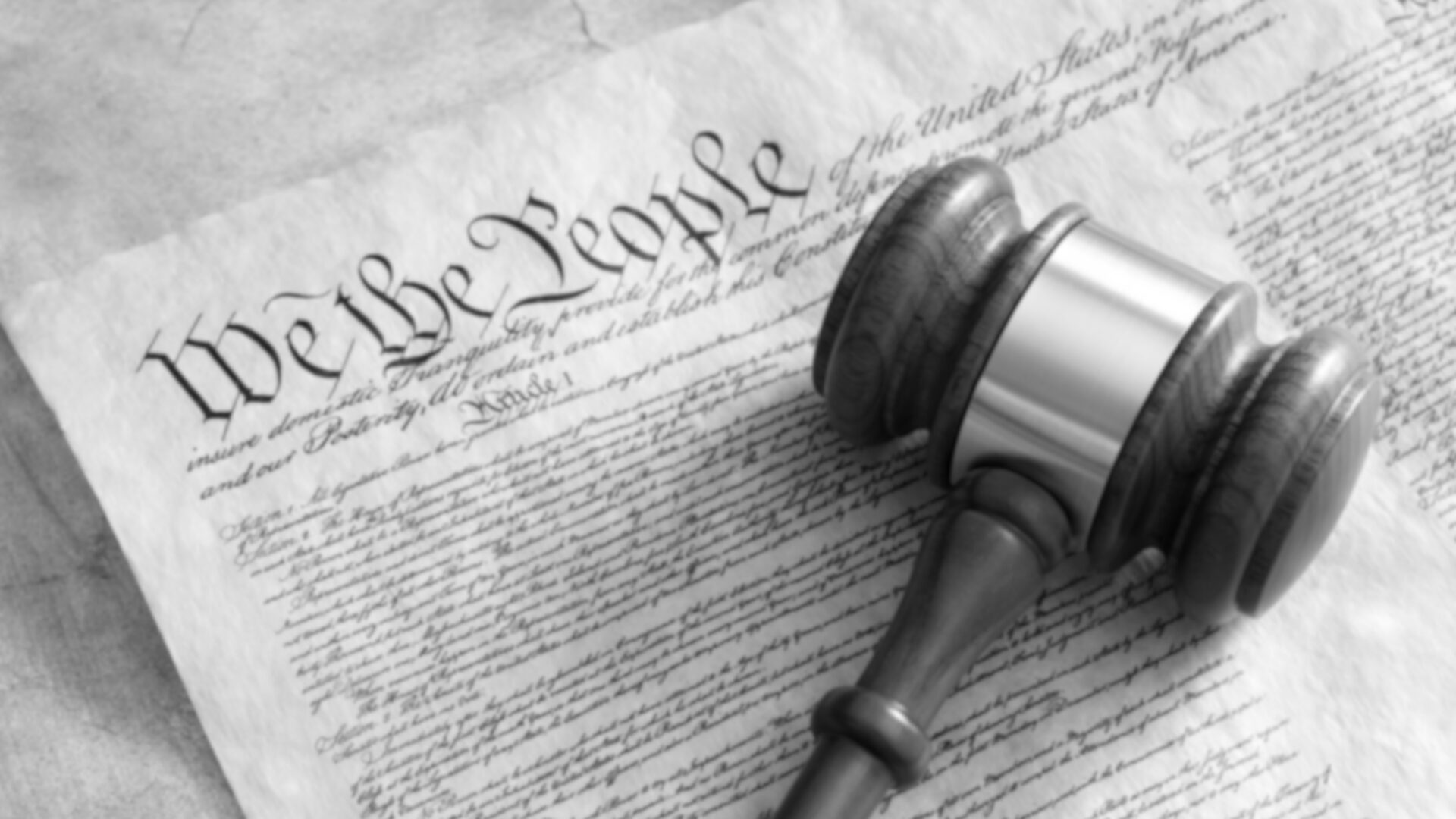Fact-based dialogue is key to a successful policy discussion. The Policy Circle team brings you relevant, 
Check out these latest updates to the library for use at your upcoming meetings. And refer to the updated “Year of Conversation” curriculum guide if you need ideas for how to work through discussion topics for your Policy Circle conversations throughout the year.
Opioid addiction now has been declared a “public health emergency.” Drug overdose is the leading cause of death among Americans under the age of 50, and the use of opioids killed more than 50,000 people last year alone. What are the roots of this scourge that has affected people at all levels of the socio-economic ladder? How do we help those hooked on these deadly drugs and prevent others from becoming addicted? This brief explores the opioid crisis facing the country, sets the scene for you to dig deeper, highlights key facts and outlines ideas about what government and individuals can do to address the situation.
The First Amendment: Free Speech and Academic Freedom in America
Freedom of expression – also referred to as freedom of speech for individuals and freedom of the press — is often noted as central to a vibrant democracy. In the United States, we enjoy free speech to an extent that is relatively rare compared to other countries. It is the most cherished of our freedoms because it underlies the exchange of ideas, self-determination and freedom itself. This brief discusses freedom of speech as provided in the First Amendment of the Constitution, why it is important in a democracy, court decisions that have limited and/or expanded these freedoms over time, and the challenges of supporting freedom of speech while also promoting safety and security.
Americans desire energy sources that are reliable, affordable and clean, so we can fuel our economy while responsibly overseeing our natural resources. But can you really achieve all three simultaneously when it comes to energy policy and the environment? What is the current energy situation in the U.S. and how did we get here? And what energy policy best balances these goals in meeting our energy needs while being responsible stewards of the world’s resources? This brief explores our energy mix, current energy policy and principles to guide reform.
Short Reads: Foundational Readings
If you’ve wanted to better understand the writings of Milton Friedman, brush up on The Federalist Papers, or just get a better all-around grasp of free-market economic theory, read this concise and approachable guide which features condensed versions of works by great economists whose works every Policy Circle woman should know. Background on each author, excerpts, and links to condensed versions of classic free-market texts are listed to help you get up to speed on classic thought leaders and their works in the field of free-market economics.
For an overview of political and civic engagement for your state, check out The Policy Circle’s State Snapshot page. You’ll find links to three-page overviews of political and civic engagement for each state that has active Policy Circles. The State Snapshot page is also accessible through the blue sidebar under “My Library” – these are good companion pieces to use for a discussion of the “Whats and Whys of Civic Engagement” Policy Circle Brief.
Be sure to post meeting summaries to your Circle page and share key highlights of your discussion. Let’s build the network!
Have an idea for a future brief or other feedback? Let us know by contacting [email protected].




